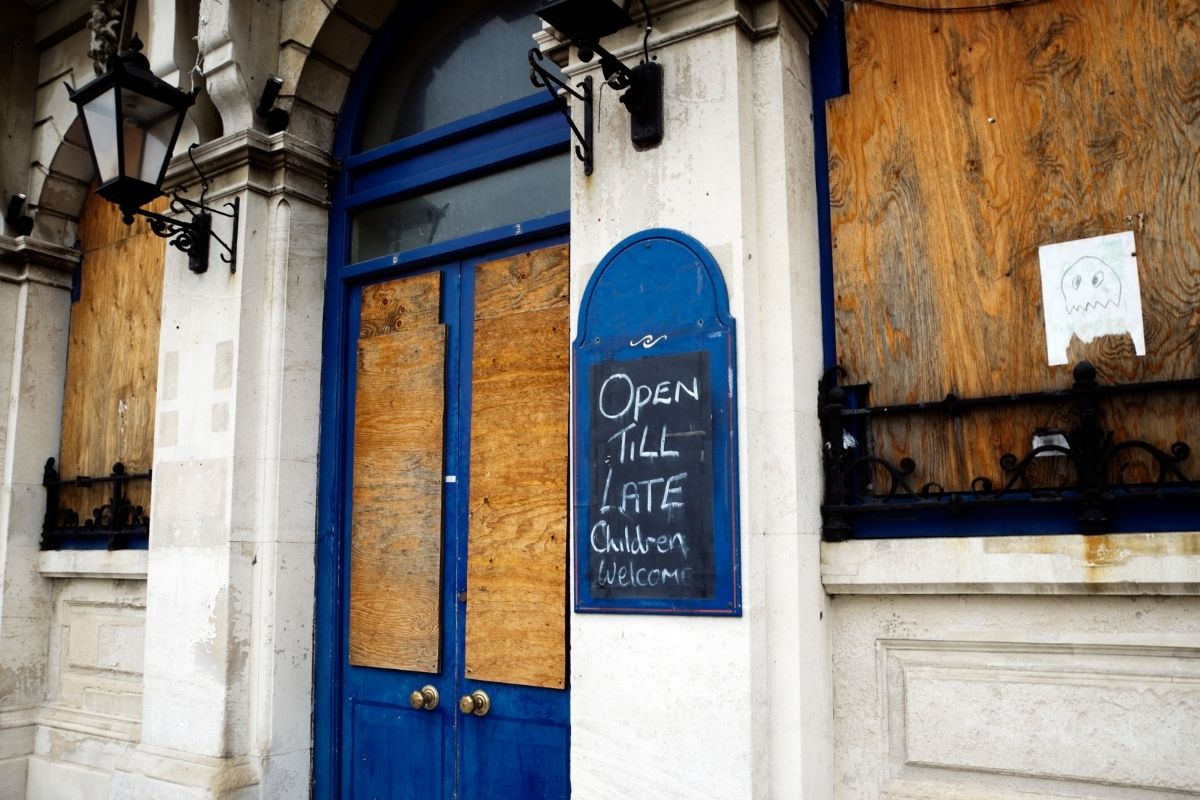Pub closure figures released by the Campaign for Real Ale (CAMRA) show a third of pub losses happen without the required planning permission.

The data — published as part of CAMRA’s biennial pub closure figures — shows a total of 95 pubs lost to conversion or demolition across the UK in the first six months of the year, with 31 of those lacking planning permission.
Pubs in England cannot be converted or demolished without planning permission – a protection campaigned for by CAMRA – which empowers communities to have their say on the future of their local. However, concerning figures released today by the campaign show that a third of pub losses happen without this process taking place.
A further 772 were classed as ‘long-term closed’, equivalent to 30 pubs a week, and by far the highest figures seen since CAMRA started producing comparable figures in 2021.
While the outlook is undoubtedly serious for the pub trade, there are reasons to be optimistic within these numbers, as pub numbers were up overall. The campaign found that despite 95 pubs being demolished or converted, a total of 127 new ones had opened, slightly increasing the UK’s pub stock.
These figures come as calls mount for the government to change its plans for High Street Rental Auctions. Pitched as a regeneration scheme, these auctions would see developers gain the ability to gut and convert vacant pubs without the need to apply for planning permission.
CAMRA has already voiced its concerns that cutting communities out of this decision will lead to the loss of valued community facilities, an issue compounded by cases where development already goes ahead without proper permission.
“The pub trade is resilient, but it’s simply unacceptable that developers are able to flout planning regulations in this manner,” said Gary Timmins, CAMRA’s pub and club campaigns director.
“CAMRA has been calling for more consistent enforcement of planning requirements by councils for some time. We believe that if local planning authorities are not able to apply pub protections as set out in legislation, then government in Westminster must step in to provide clearer guidance.
“These are national policies in England, and yet the variation that our campaigners see between councils with the strongest pub protection policies, and those that view pubs as an inconvenience, is shocking.”
He added: “Today’s figures must be a wake-up call for government at all levels to take a more proactive approach in ensuring compliance with the National Planning Policy Framework.
“We are also calling on the Welsh Government to urgently introduce and enforce planning protections for pubs in Wales, and for the Scottish government to end the current loophole where pubs can be demolished without planning permission.”


